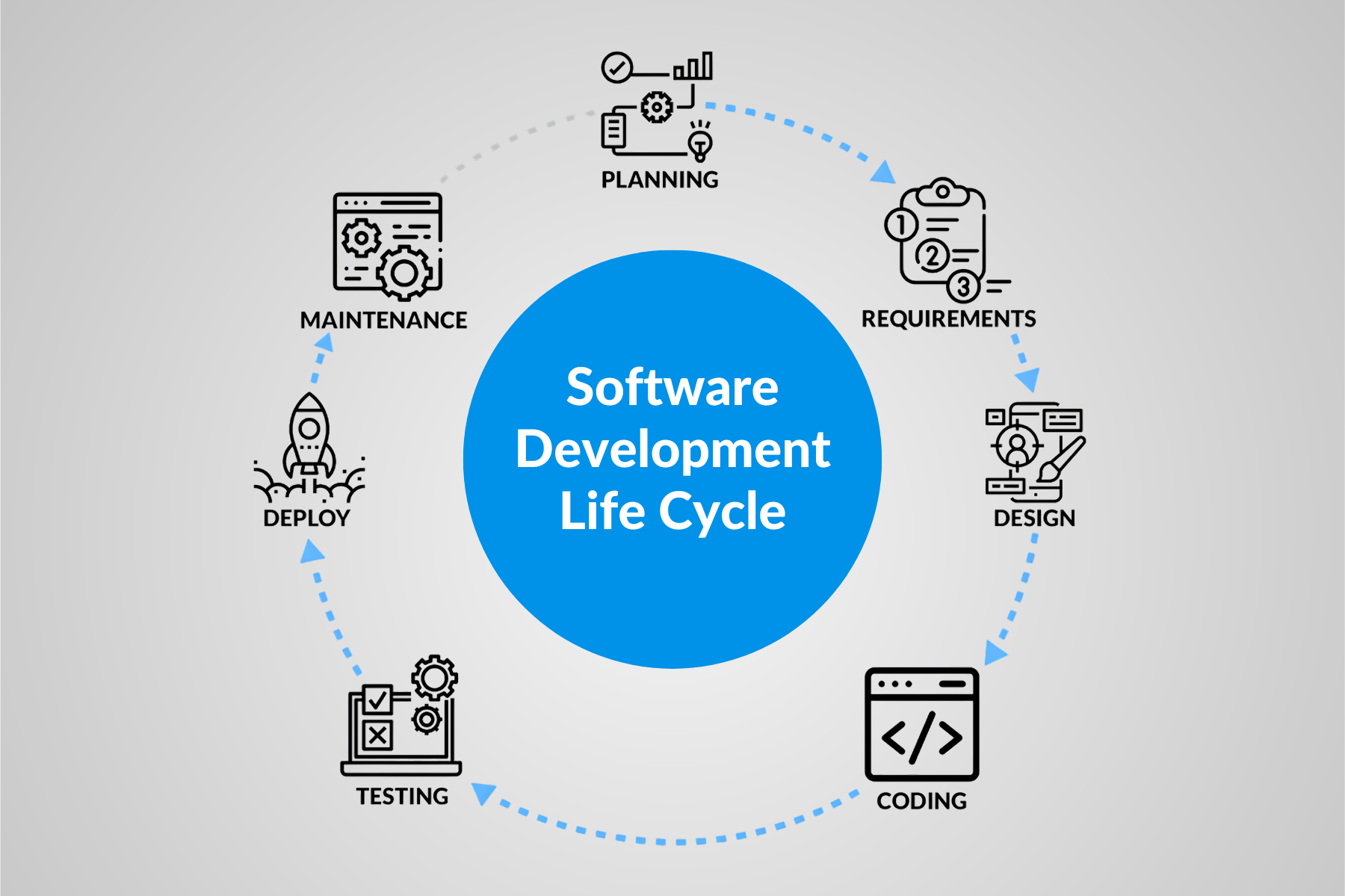Skills of the Future: A Guide to Staying Relevant as a Software Tester

- March 1, 2023
- admin
The function of software testers is changing as quickly as technology does. In today’s fast-paced and competitive market, software testers need to be equipped with the latest technical and soft skills to keep up with the evolving needs of the industry. Software testers must constantly advance their skills to be relevant as new technologies like artificial intelligence, machine learning, and blockchain disrupt established software testing procedures.
In this article, we will explore the essential skills that software testers need to develop to stay ahead of the curve, including technical skills such as programming languages and test automation, as well as soft skills such as communication, problem-solving, and teamwork. We will also discuss the impact of DevOps and emerging technologies such as artificial intelligence and machine learning on the future of software testing, and provide tips on how software testers can keep up with the rapidly changing technology landscape.
What key strengths must software testers acquire to remain relevant in the future?
In order to thrive in the future, software testers must possess both technical and soft abilities. There is a great demand for technical talents including cloud computing, automation testing, and programming languages. Soft skills such as communication, problem-solving, and adaptability are also essential for testers to collaborate with other team members and stakeholders effectively.
How can software testers improve their technical skills to adapt to emerging technologies?
To improve their technical skills, software testers should participate in online courses, workshops, and training programs that focus on the latest technologies such as artificial intelligence, machine learning, and blockchain. They should also explore new tools and software frameworks to enhance their knowledge of automation testing, cloud computing, and security testing.
What soft skills will be necessary for software testers to succeed in the future?
Soft skills such as communication, problem-solving, teamwork, and adaptability are crucial for software testers to succeed in the future. Testers need to communicate effectively with developers, project managers, and stakeholders to ensure that everyone is on the same page. They must also be capable of making decisions and solving problems swiftly and effectively.
What programming languages should software testers learn to stay relevant in the future?
Software testers are widely valued for their proficiency in programming languages like Python, Java, and JavaScript. Python is particularly useful for automation testing, while Java is widely used in enterprise-level software development. JavaScript is essential for front-end testing and web development.
How can software testers develop their skills in test automation to remain competitive?
Software testers should become familiar with well-known automation testing tools like Selenium, Appium, and Robot Framework in order to advance their test automation skills. They should also explore new techniques such as Behavior-Driven Development (BDD) and Test-Driven Development (TDD) to improve the efficiency and effectiveness of their testing process.
How crucial will machine learning and artificial intelligence skills be for software testers in the future?
The world of software testing is rapidly evolving due to artificial intelligence and machine learning. Software testers who have a good understanding of these technologies and their applications in testing will be in high demand in the future. They should learn how to develop test automation scripts using machine learning algorithms and explore the use of AI in test case generation and defect prediction.
What are some recommended practices for software testers in continuous learning and development?
To stay relevant in the future, software testers should adopt a growth mindset and constantly seek new learning opportunities. They should participate in online communities, attend conferences and workshops, and read industry blogs and publications to stay up-to-date with the latest trends and technologies.
What role will DevOps play in shaping the future of software testing, and how can testers adapt to this change?
Software developers and IT operations teams should collaborate and communicate more, according to the DevOps culture shift. It is changing the way software testing is done, with a focus on continuous integration and delivery. Testers who can adapt to this change and collaborate effectively with developers and operations teams will be in high demand in the future.
How can software testers keep up with the rapidly changing technology landscape?
Software testers can keep up with the rapidly changing technology landscape by staying informed about the latest trends and technologies, participating in online communities, attending conferences and workshops, and reading industry blogs and publications. They should also be willing to learn new skills and explore emerging technologies to adapt to the evolving needs of the industry. Networking with other software testers and professionals in the field can also provide valuable insights into the latest trends and best practices.
Conclusion
As software testing continues to evolve, it is essential for testers to develop a wide range of technical and soft skills to stay relevant in the future. Testers who have a good understanding of emerging technologies and can collaborate effectively with other team members and stakeholders will be in high demand. By adopting a growth mindset and continuously learning and developing their skills, software testers can thrive in the rapidly changing technology landscape.











